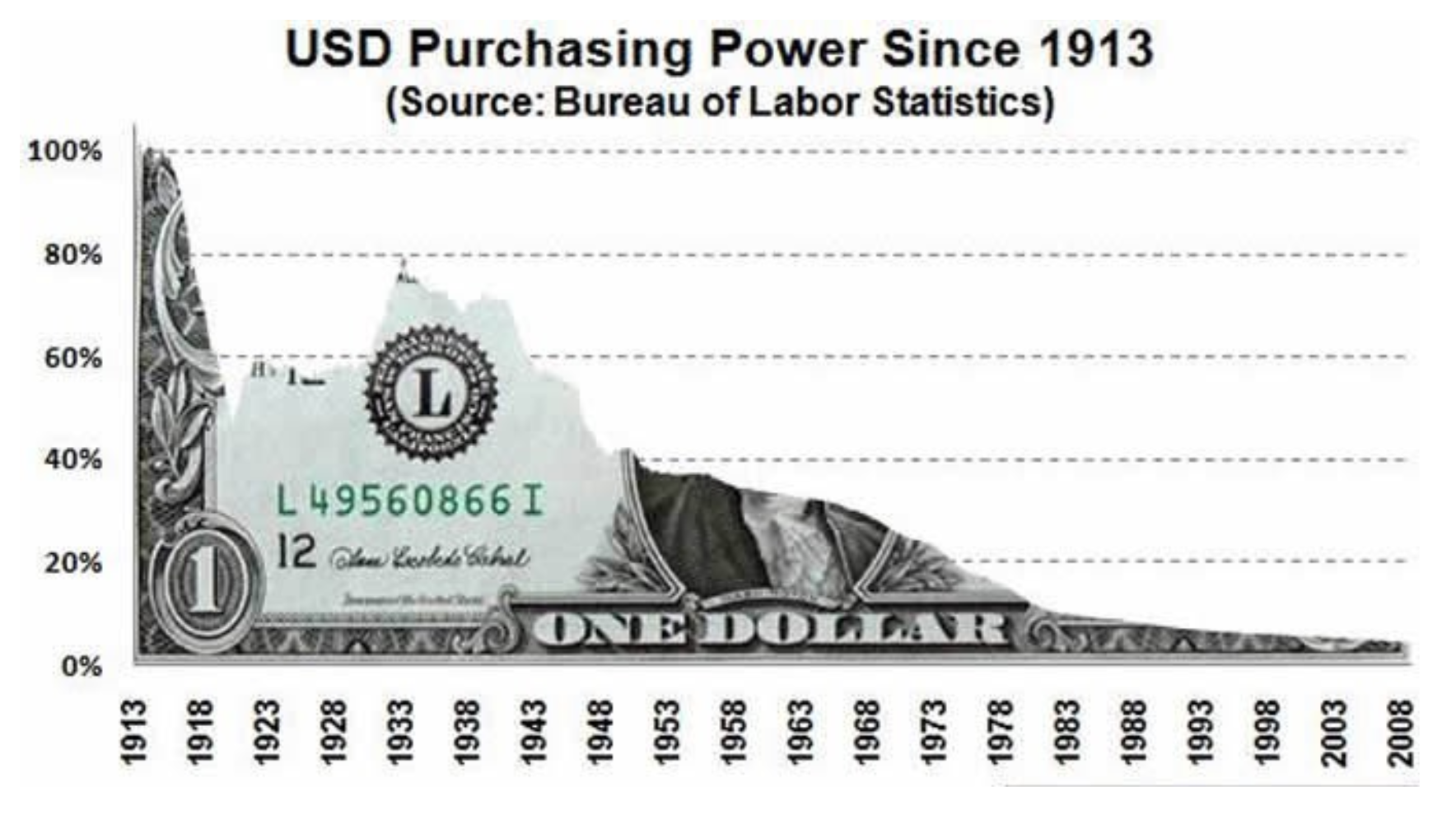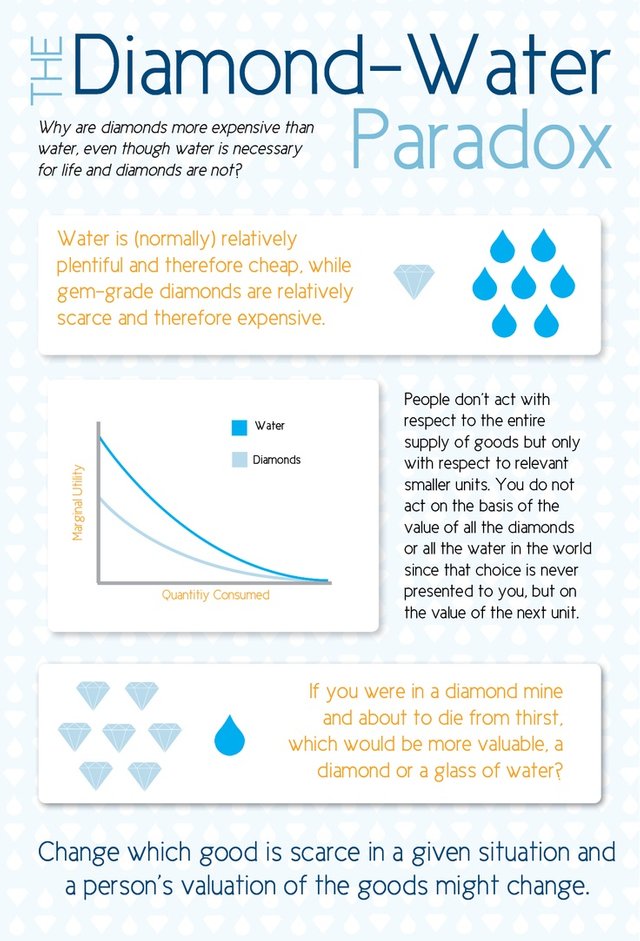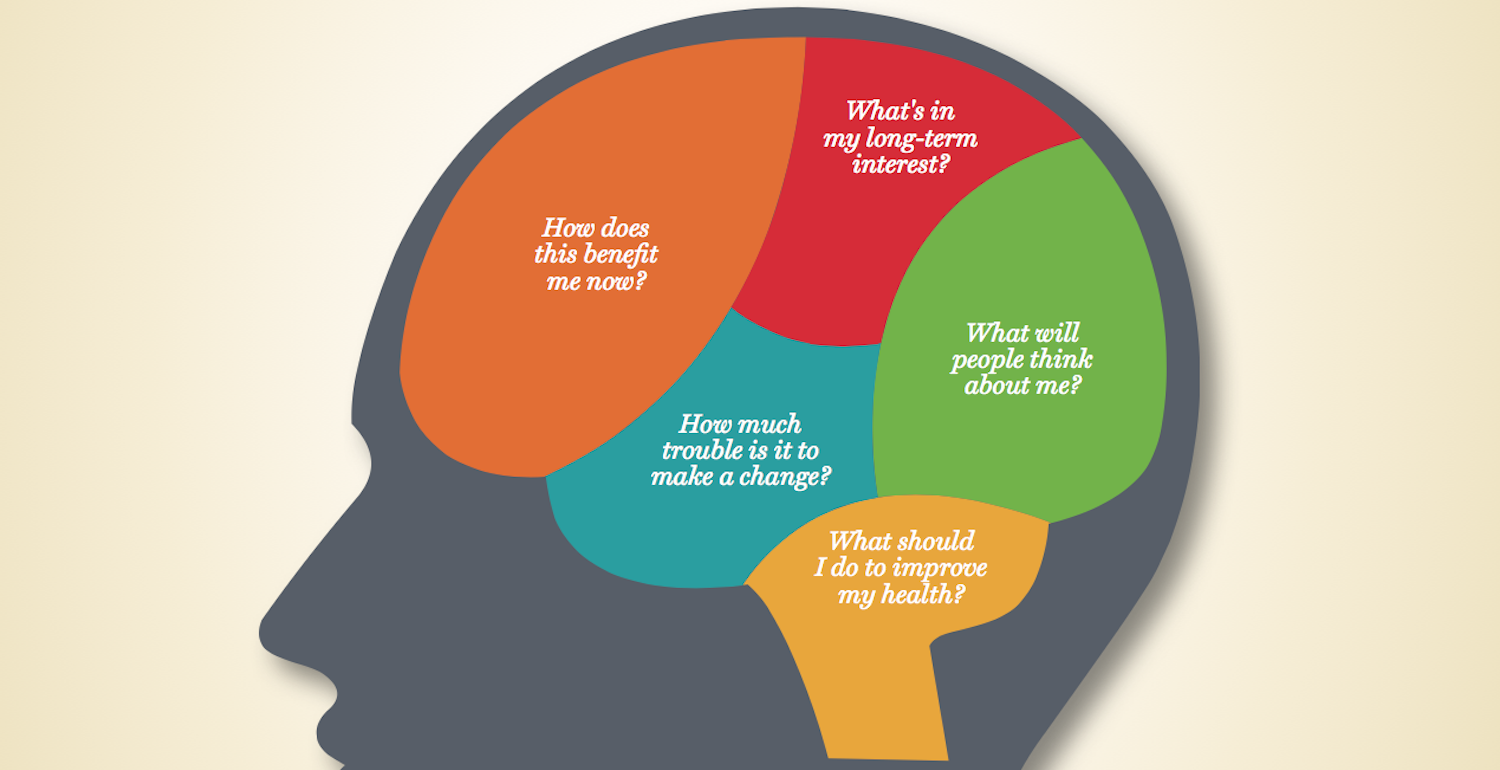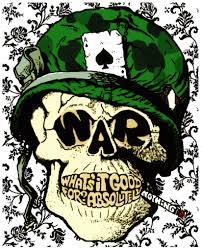The Pros and Cons of Capitalism, and how to move forward
Regardless of our political leanings we can all agree that capitalism and the current world system have some problems associated with them. War, ecological degradation, localized warming, erosion, biodiversity loss and excessive and dangerous waste streams contaminating primary resources such as fresh water; these are just the problems that we can agree on!

source
A recent conversation with @reiki woke inside of me thoughts that have simmered since I began my undergraduate career in economics, with respect to how to move forward; how can we fix the problems that we see and which solutions can we apply that will have the greatest impact?
Is the system really broken, and in what way? Supposed solutions involving increasing state control have led to greater losses in personal and political freedoms, and have seldom produced (certainly not in the last two centuries) actual prosperity.
Where do we turn?
Some look backward, to poorly documented and less understood indigenous societies in places like the Solomon Islands and the American Southwest. While these societies are incredibly interesting to study and philosophize about, and have offered an abundance of lessons and techniques for agriculture, natural building and community organization, it’s hard to imagine that we could somehow go back to primitive hierarchical organizations at local levels in our globally connected world.

source
There are futurists as well who are working on the problem. Jacque Fresco has done great work at the Venus Project theorizing a potential resource based economy; a whole new type of societal organization to experiment with!
But what originally bothered me about studying economics, what made me eventually drop out, move to South America and finally complete my degree in Sociology online, was that the specific problems of our capitalistic system are not even implicit, they are explicit. They come out of the underlying assumptions of economic theory and pareto efficiency.
I am going to break down my thoughts here, but I want to take a break here and encourage all discussion in the comments to be constructive and respectful, because this conversation is literally the most important thing that we can be discussing for the future of our world. We all have to live with each other, what’s the best way to do it? It’s an age old question.
Pareto Efficiency works! With 6 assumptions
The market economy is based on the theory of pareto efficiency. This theory is often personified as Adam Smith’s disembodied ‘Invisible hand’, but basically it states that, with a few assumptions, markets are an efficient way to distribute resources. And this can be proved mathematically. With some very impressive and elegant formulae, we can see that the free market really may be the most incredible social invention/discovery that man has ever made.
But wait, what was that about some assumptions? Get ready for a gut-punch. These assumptions are some of the most blatant falsehoods ever conceived. But, as I will show, they now can help us identify specifically and without a doubt exactly where the problems with our modern economic system lie. They lie where the assumptions are violated.
1. Efficient Pricing Mechanism
This assumption that I will address first is mostly true. We do have fiat currency that serves, more or less, as a medium of exchange. Sure there are people fiddling with the mechanisms that could eventually make it valueless, but it serves its purpose for the pricing system that any market needs to operate.

source
Currently, and especially here on Steem, we are experimenting with cryptocurrencies, which are both more highly divisible and fungible than fiat currencies, and probably a lot better store of value over the medium term (our lifetime). Long term it has yet to be seen whether we will continue to have electricity and an interconnected network (inter-net) of electronics, but crypto currencies do have their benefits over fiat currencies.
But where this has broken down is in what we are pricing. I will break down some specific example of how our pricing system is failing us in other sections (especially No Externalities), but consider now how we put a price on things. We have an easier time pricing a potato than freedom. We can’t figure out how to value education (or even do it very well), but we know exactly what we spend on it. The most important things in life cannot be measured, thus cannot be priced. And in modern market economics if you cannot put a price on something it doesn’t become priceless, it becomes valueless.
To close this section on pricing I would like to share with you all the Diamond-Water paradox. Stretch your mind and consider, if price were such an efficient way of valuing things, why diamonds, which are practically useless, are priced so high, while water, absolutely essential to all organic life on this planet, is practically free in many parts of the world?

source
(I’ll give you a hint, the solution lies in the consumer surplus)
2. Rational Economic Actors
Despite knowing that we do irrational things like Loss Aversion, Anchoring, and not valuing things that were received for free, we continue to assume that humans are rational economic actors. Books and books can and have been and are being written about this. Specifically the relatively new field of behavioral economics dedicates itself to the study of all the ways that humans fail as rational economic actors.

source
My one simple idea here would be to recommend that a course in basic personal finance, in the old school style where savings and investment was good and borrowing and owing was bad, would be required in every school in the world.
3. Perfect Information
Of course it is also assumed that all the rational actors have all of the necessary information that they need to make their rational decisions about what they value. When groups lobby for labeling laws, they are fighting for perfect, or at least better, information. They are trying to use the theory of economics itself to make our system better. Will people pay more for organic produce than genetically modified vegetables? The market will tell us, if the information is there.

source
There are a host of other problems with the assumption that we all have perfect information in any market, but if there is better information we should get better outcomes, if indeed people really do value the things we are trying to improve. If we include information about using recycled material, people will only pay more for that product if they actually value the fact that less garbage is being piled up.
Are the proper values being instilled through our educational systems and families?
4. Perfect competition
Perfect competition is a market condition in which producers and consumers participate in an ample market with many actors and homogeneous, or sufficiently similar, products. In many current markets oligopolies and sometimes monopolies twist the markets, making them less efficient.
Price collusion, which when done creates something called a cartel, can be used by oligopolies to steal from consumer surplus. Recently in Colombia, a toilet paper cartel was uncovered and fined after it was discovered that the primary actors in the toilet paper market were colluding to keep the price high.

source
Also, perfect competition may not even be the ideal case. Take milk for example. Generally perfect competition exists in the milk industry in the United States. Where ever you go you can find a cold gallon of milk for about the same price. But are all milks really created equal? Is it a benefit to have our choices so homogenized? I would argue that the condition of the cows, as well as the use or avoidance of things like bovine growth hormone, as well as the diet of the cows are all going to affect the milk. This ties back into perfect information, but food is a good example to help us realize that not all ‘commodities’ are created equal.
5. No externalities
What is an externality? An externality is any cost or benefit generated that effects someone who did not freely choose to be affected by them in the market. Here we will focus on the negatives: pollution, public health effects, second hand smoke, these are negative externalities. Some are priced, the tobacco industry pays lots of money to state health funds, and the government has additional taxes on cigarettes that supposedly go to offset unpriced externalities, pricing them into a product.

source
Are we pricing correctly all the ecological impacts in agriculture, construction, changing land use, industry, mining and other sectors? How can we do better at pricing all these externalities, and thus disincentivize them? I support better use of our tax policy.
In a larger sense, this section forces us to take a closer look on what and how a government or a system incentivizes different behaviors. Surely you've heard of the carrot and the stick. A government carrot is called a subsidy, and the stick is a tax. If we want less of something, we should tax it, if we want more, we could subsidize it, or just leave it alone.
Why is it that we take the stick to all productivity, labor, investment and capital, and subsidize monoculture corn agriculture? Here we see, very clearly, the system is not broken; people have worked very hard to make it produce a broken outcome.
6. No market failure
A violation of any one of the previous assumptions may or may not cause a market failure. Market failure occurs when economic actors engage in a market and the result is not Pareto efficient, that is there are other conceiveable outcomes that could make individuals better off without making anyone else worse off.
I would like to speak here about gluttony. A glutton, in microeconomic terms, is anyone who, for any particular good or service does not follow the law of diminishing marginal return on utility. These would be people for whom enough is never enough. Perhaps its hording money, or maybe the 73rd slice of pizza tastes just as good as the first. But gluttons, in a microeconomic sense, are black holes of utility, sucking up good things in places where a different distribution would be more pareto efficient. Gluttons cause market failures.
Who or what is the biggest glutton of all?
Could it be Donald Trump? The global economic elite? Cryptotraders?
The answer is war. War is an incredibly large, incredible evident market failure, a gluttonous black hole in the middle of our economic system. War does not tire, does not satiate, does not produce anything of value, instead it destroys value, and often leverages contracts for reconstruction.
War breaks our system. Its as simple as that. Stop warring. Stop destroying.

source
Conclusion, TL; DR
While the modern market system that we have in actuality has certain large and terrible problems, the primary theorems that govern that system, those of the free market, are still incredibly powerful and useful tools to organize human behavior. Only by addressing the specific root causes, identified by studying the basic assumptions of the theorems, can we start to design solutions of and for the free market from within the system itself.
Neither in this nor in any other problem we face as humans do I have confidence in a group of elite bureaucrats to apply solutions from the top down, in fact I blame elite bureaucrats for most of the problems. This world will continue to change and evolve and heal only through local experimentation of new applied solutions. These discussions are key to the continued progress of the human race.
Thanks for reading and participating in this discussion!
Constructive comments are always welcome! Bring on the opinions!
A very interesting discussion on structural control vs. exploitative freedom. I personally believe the unregulated market is a powerful force of nature (almost, though not fully culture) that we could reap great benefits from, as well as become its victims.
The biggest problem, in my opinion, is not control or lack thereof, but the age-old premise we are trying so hard to unlearn: that destruction is something desirable. Since nobody likes the destruction of themselves or their own stuff, what is to be destroyed is labeled "evil" in one of its many synonyms.
What is wealth, if not meeting all your needs and wants? But if you long to be wealthiER than others, it reaches beyond that into the realm of power and coercion over others. In other words: getting something without paying for it in return. This blatant looting is being hidden behind economic theory, just as it used to be hidden by racial theory a couple of centuries ago, and religious theory before that.
I think the best approach would be to put more "culture" into this force of nature, which is the market. Voting with your wallet! In a way not much different than what the patrons of local farmers' markets do: paying a higher price for produce because it meets additional needs beside the basics (taste, size, nutrition, etc). And just like you said, experimenting with various alternatives parallel to the mainstream economy.
I love the differenciation between wealth and wanting to be wealthier. That IER desire can skew things toward gluttony, where nothing is ever enough.
Right. It's really not that hard to be perfectly wealthy, even for the majority of us in the world as it is. To be wealthIER than others, on the other hand, is simply impossible for anyone but the wealthIEST.
@originalworks
@OriginalWorks Mention Bot activated by @ecoinstant. The @OriginalWorks bot has determined this post by @ecoinstant to be original material and upvoted it!
To call @OriginalWorks, simply reply to any post with @originalworks or !originalworks in your message!
For more information, Click Here!
true..! elite bureaucrats are the reason for increasing gap between rich and poor..
Do you think they don't understand welfare economics or that they intentionally twist markets in their favor?
they definitly understand... the are literate aftrall.. but they have power at the same time... not all are same... bt most of them are money minded!!
Congratulations @ecoinstant! You have completed some achievement on Steemit and have been rewarded with new badge(s) :
Click on any badge to view your own Board of Honor on SteemitBoard.
For more information about SteemitBoard, click here
If you no longer want to receive notifications, reply to this comment with the word
STOP